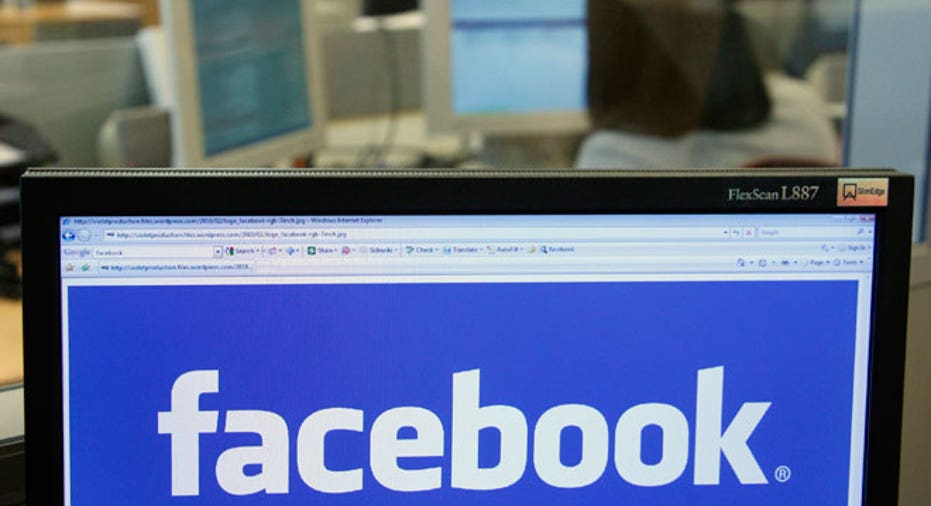Your Facebook Fans May ‘Like’ You, But Do They Really Like You?

It’s the classic question—quality versus quantity—only with a twist. When it comes to Facebook and its infamous ‘Like’ button, are businesses better off with more ‘Likes’ or with fewer people who will take real action and support their business in the real world?
The numbers game is easy to fall prey to, especially for small companies, according to marketing consultant Peter Shankman.
“Businesses get on there and immediately get consumed with the numbers,” he said. “Every time you court a new customer, or try to get a fan to ‘like’ you, you are missing the fans you already have.”
Instead of focusing on growing your online community with likes and supporters, you should instead concentrate on giving the customers you have had from day one your full attention, he said. This paves the way for free and more trustworthy marketing, according to Shankman—word-of-mouth recommendation.
“If you focus on the customers you have, new fans will follow,” he said.
Micah Solomon, a customer service and marketing speaker, strategist and author of the forthcoming book “High-Tech, High-Touch Customer Service,” said that while Facebook has tried to recreate word-of-mouth marketing with its like feature, actually seeing that a friend online has liked a business won’t impact an individual’s decision to support that company.
“I don’t think it’s that powerful, because everyone looking at that button knows how little effort it takes to like a company,” Solomon said. “They’re not necessarily actual friends either; in fact [online] people are barely acquaintances in many cases. Friend is probably too strong a word.”
If users take the initiative to like or support your company online on their own, they would be more likely to take action offline and buy your product or visit your store, Solomon said.
Small business owners’ time would be better spent focusing on how customers are actually treated offline, he said, because so much emphasis is now put on user-generated review sites like Yelp.com and Google Reviews.
“Those affect your business so much more,” he said. “These sites are more valuable because people feel they have an outlet. With small businesses people may want to interact with you on a more personal level.”
Also important to remember is that having customers and fans online is a privilege, not a right, Shankman said. Be sure you are sending them the right kind of information at the right time, and engage with them at least once a day.
“You want to keep it brief,” he said. “And the better the writing, the better people will want to engage with you.”



















